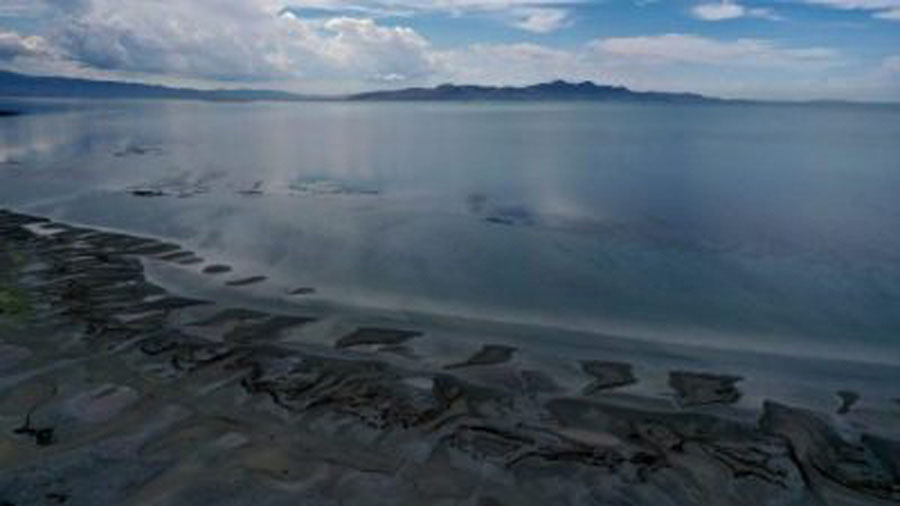Utah’s Air Quality
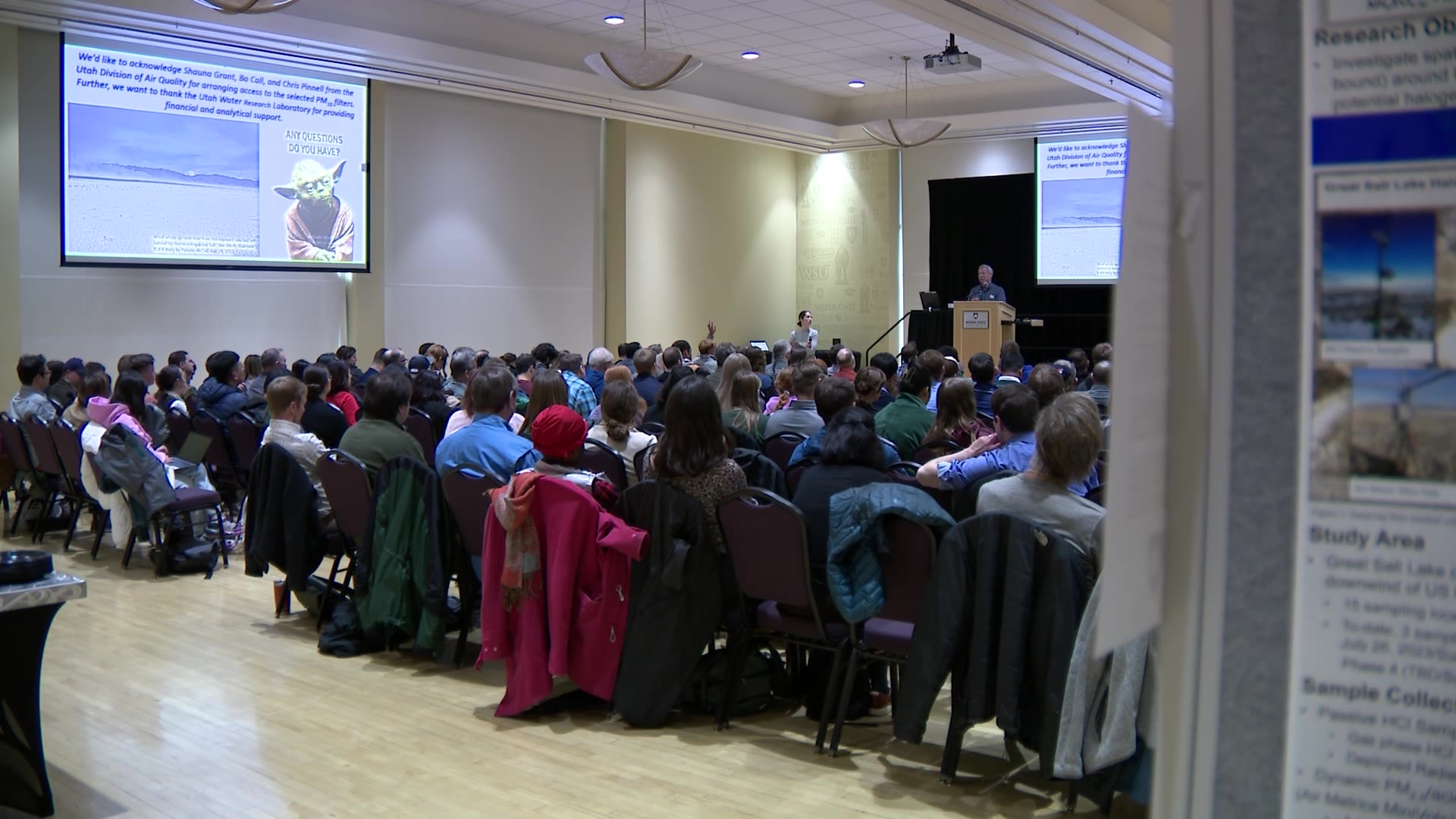
Mike Anderson
Air Quality Summit puts focus on Utah air pollution and solutions
Many of the researchers who study Utah's air pollution problems are sharing what they've found while working to find solutions during Thursday's Air Quality Summit.22 days ago
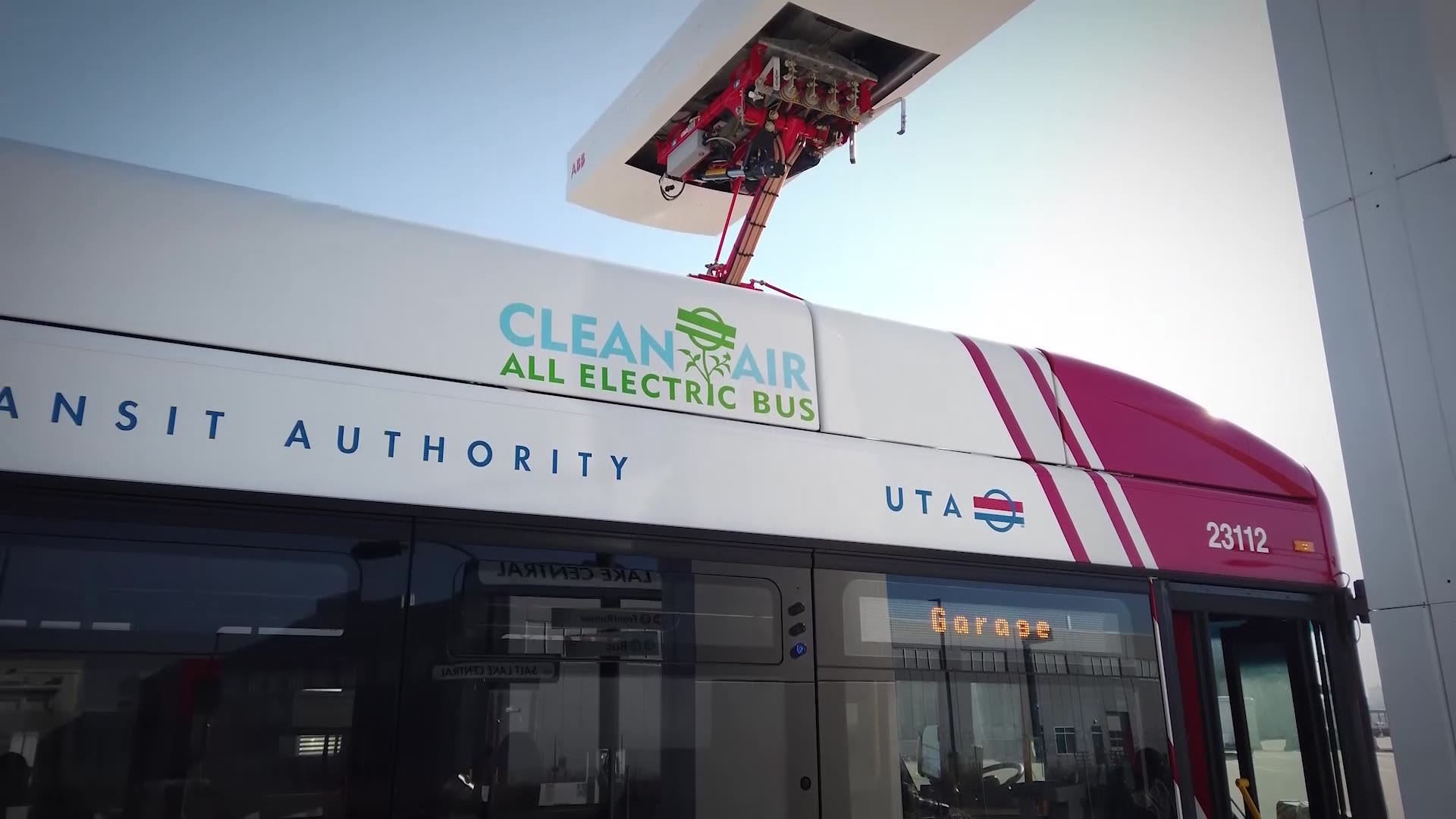
Ken Fall
EXHAUSTED: Electric transit buses in Utah and the hope for a carbon neutral future
Does the UTA plan for all-electric buses make for dramatic air pollution reductions along the Wasatch Front?2 months ago
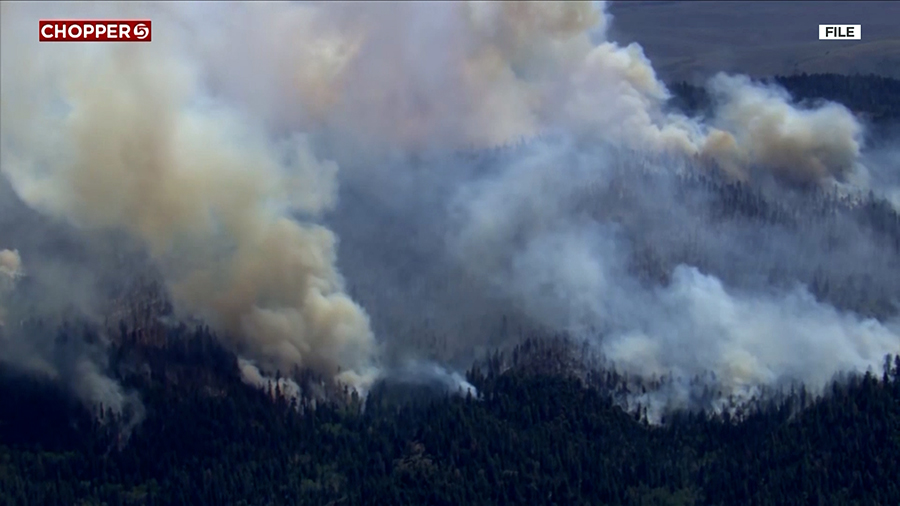
Mike Anderson
New $850,000 grant to help Utah monitor wildfire smoke and protect students
We've all see it, the time in late summer and early fall when Utah skies become gray with wildfire smoke. Sometimes it's from other states, sometimes it's even from Canada.2 months ago
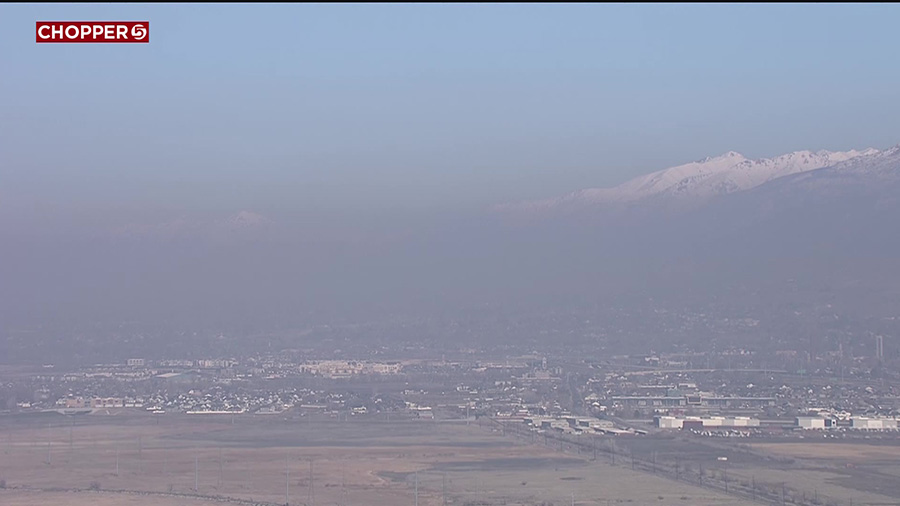
Lindsay Aerts
Here’s what the Utah Legislature is doing to address air quality
Multiple bills in the Utah Legislature aim to target air quality and offer tax breaks for switching to electric lawn equipment.2 months ago
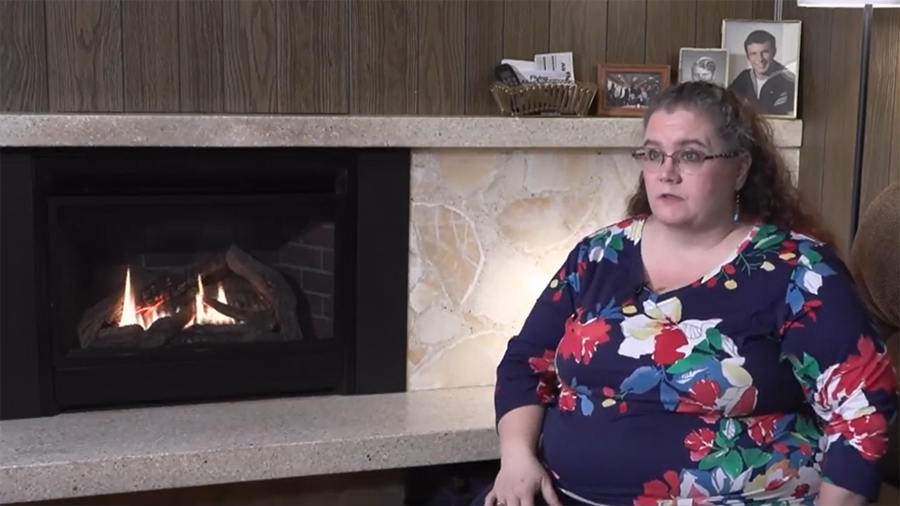
Katija Stjepovic
Rebates make clean air upgrades cheaper for Utahns
It's no secret that Utahns are exhausted by our bad air quality but there are ways you can help reduce emissions from your home.2 months ago
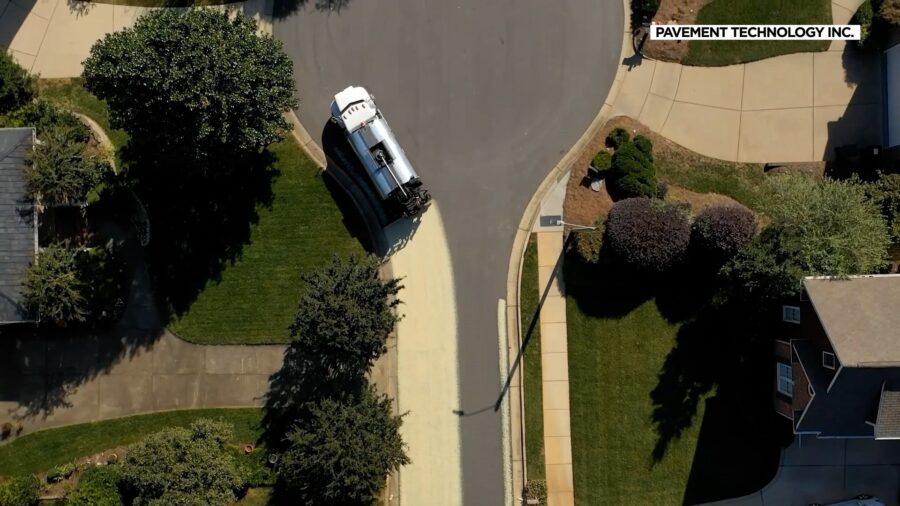
Deanie Wimmer
Exhausted by bad air: Is smog-eating tech something Utah should consider?
What if Salt Lake could address our pollution problem with technology that “eats” the smog? Several U.S. cities and countries are doing just that with surfaces treated with materials that “neutralize” smog. Is it a solution Utah should consider?2 months ago
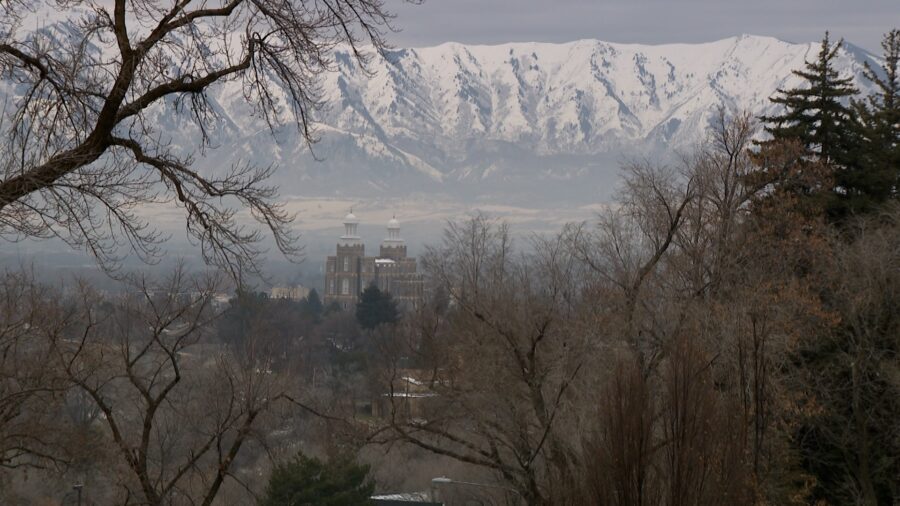
Mike Anderson
Cache County inversions capture high levels of ammonia pollution
Thanks to the geography and agriculture industry in Cache Valley, the area often has the highest levels of ammonia-based air pollution in the country.4 months ago
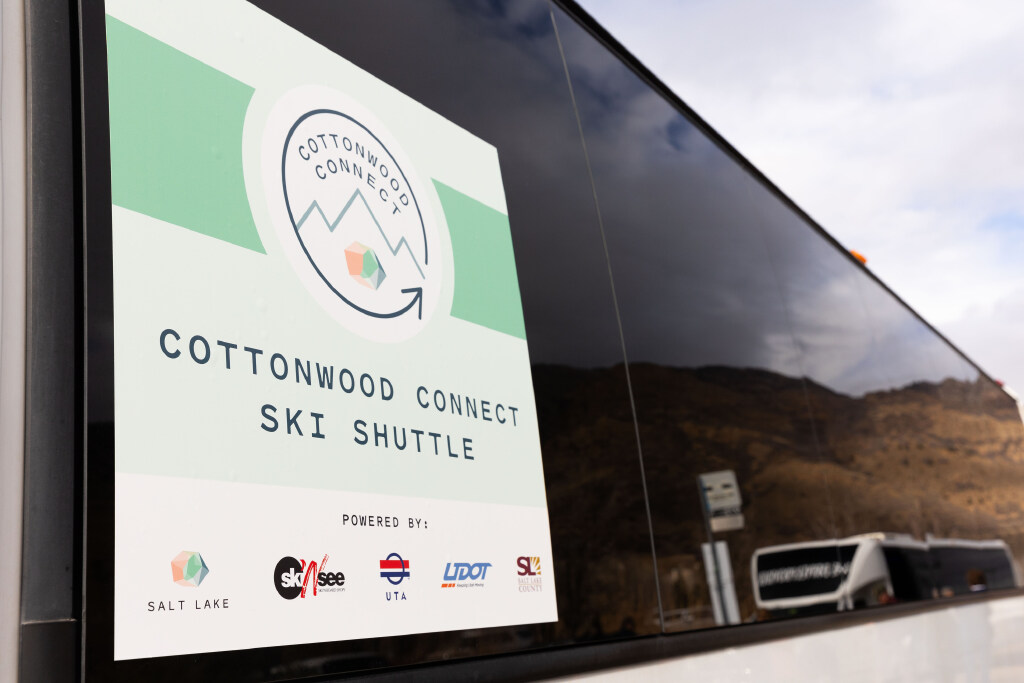
Katija Stjepovic
Cottonwood Connect shuttles return for 2023-24 ski season
The Cottonwood Connect ski shuttle is returning on Friday for the 2023-24 ski season.4 months ago
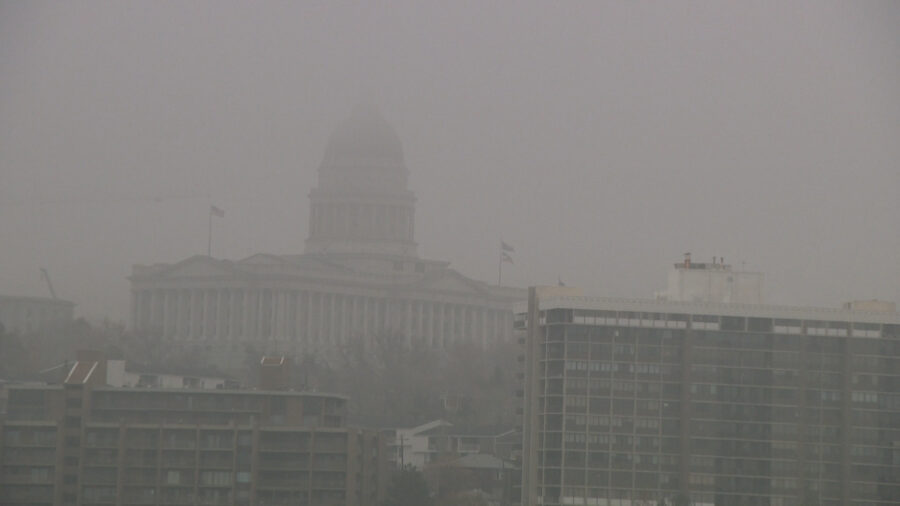
Mike Anderson and Mary Culbertson, KSL TV
Smog poses health concerns for Salt Lake City; doctor advises change
A local doctor warns against possible health effects of Salt Lake City's pollution problem that's heavily present in the valley, advocating for community members to change some of their daily habits during the worst of it.4 months ago
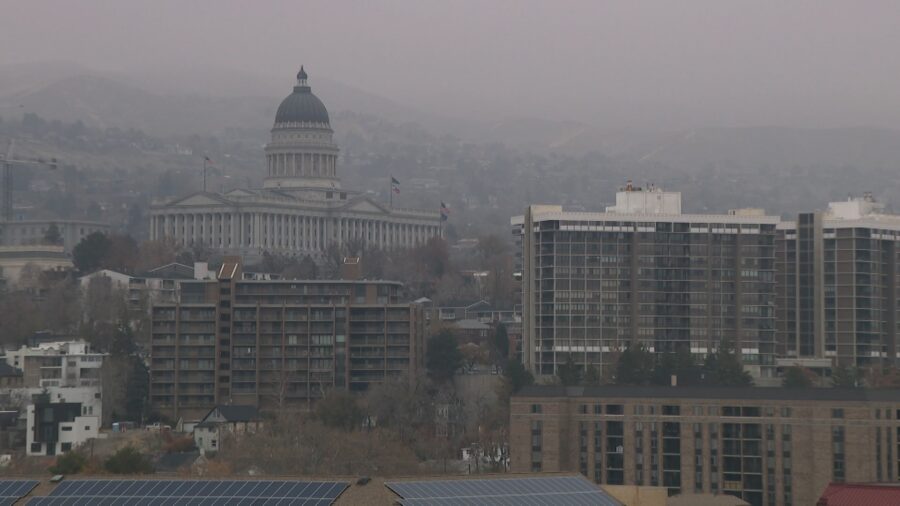
Mike Anderson
Rising population contributes to Utah’s air pollution, but air quality is improving over the long term
Experts say that despite poor air quality Thursday, pollution is decreasing in Utah over the long term thanks to reduced per-capita emissions.5 months ago
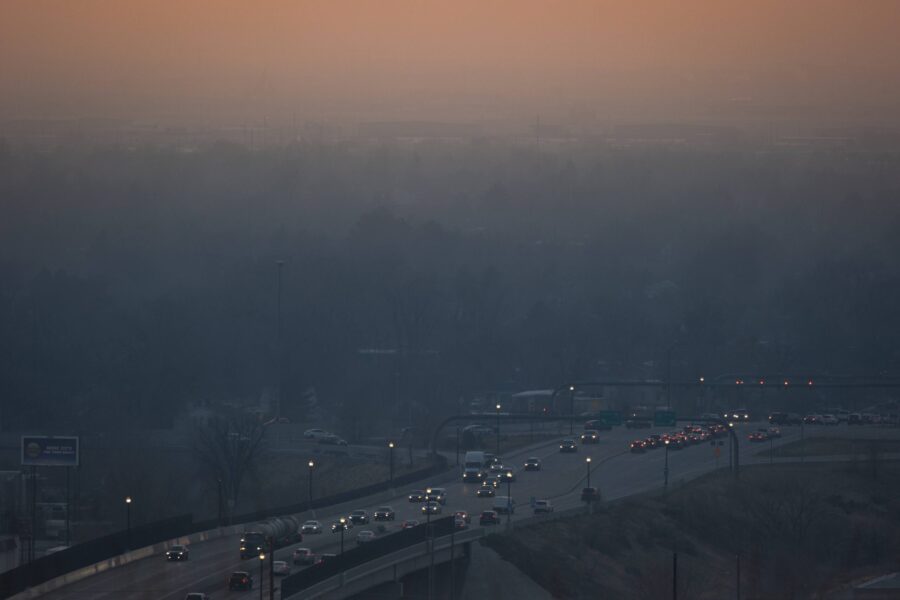
ADAM SMALL
A storm and inversion relief is on its way to Utah
People should be able to breathe a little bit easier this weekend. A major winter storm is expected to dump snow all over Northern Utah and clear out the nasty air.5 months ago

Katija Stjepovic
New construction projects are focusing on electric power over gas
Switching from gas to electric cars could drastically clean up Salt Lake City's air.7 months ago
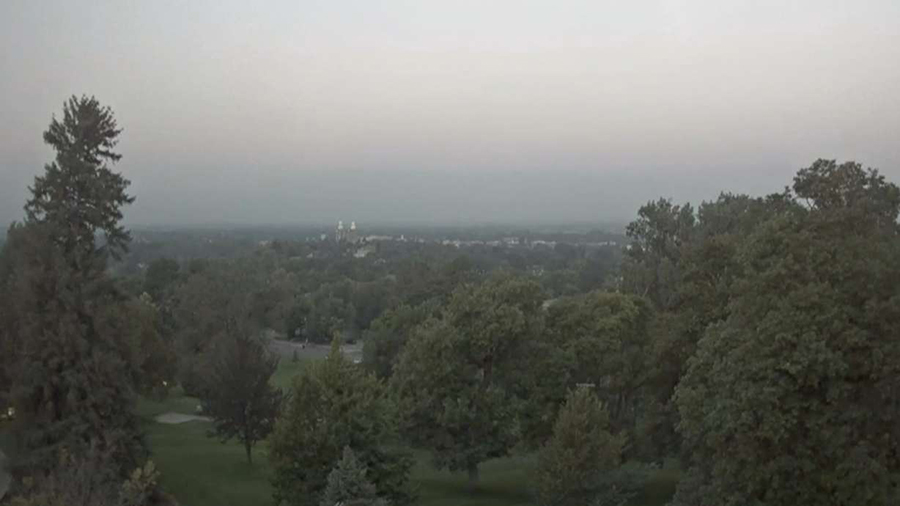
Carter Williams, KSL.com
Hazy, smoky skies return to Utah — but for how long?
Yes, wildfire smoke is back making hazy skies in Utah. Winds brought smoke from the Pacific Northwest into Utah on Wednesday.8 months ago
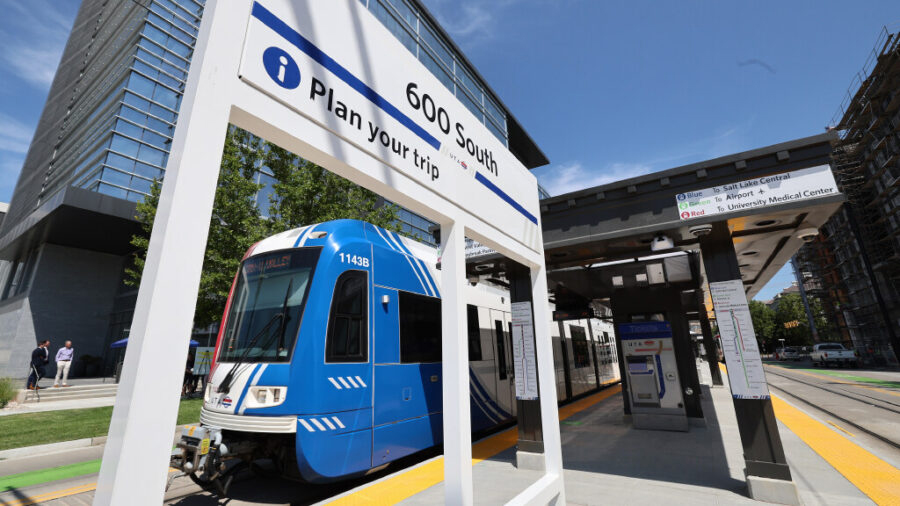
MARIAH MAYNES, KSLNewsRadio
UTA announces ‘Zero Fare for Clean Air’ on Thursday and Friday
Utah Transit Authority announced free fare days August 17-18. The free fare days, called “Zero Fare for Clean Air” are funded by the Utah State Legislature. The project intends to increase awareness and encourage public transit use on bad air quality days.8 months ago
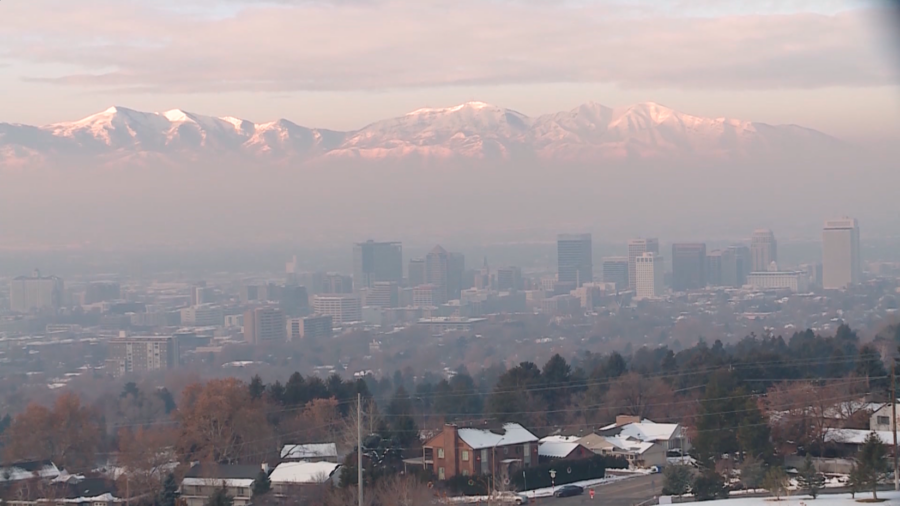
Bridger Beal-Cvetko, KSL.com
Environmental justice report shows air quality disparities on Salt Lake City’s west side
Pollution has a "disproportionate" impact on several neighborhoods on Salt Lake City's west side, according to a preliminary report issued by the Environmental Protection Agency.9 months ago
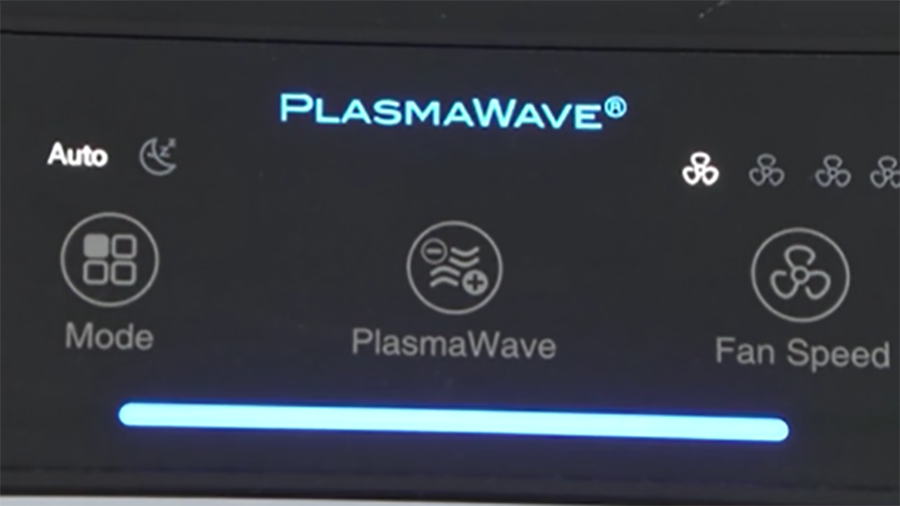
Lauren Steinbrecher
Deadline nearing for Utah schools to get free air purifiers
Back-to-school preparations aren’t quite in full swing yet, but time is already running out for a program local doctors say could make a difference in your child’s brain development and learning at school.9 months ago
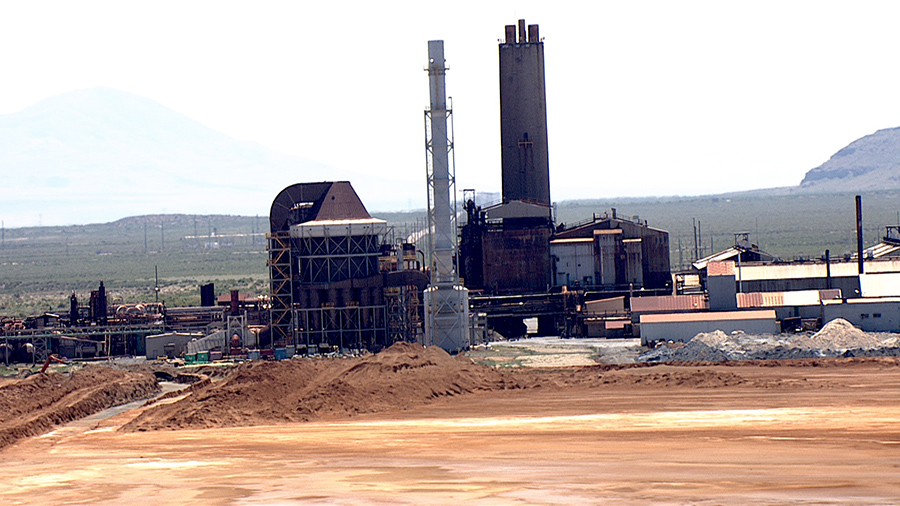
Mike Anderson
Study seeks causes for air pollution in Great Salt Lake area
A new study is taking a close look at air pollution around the Wasatch Front, and chemicals found in The Great Salt Lake.10 months ago
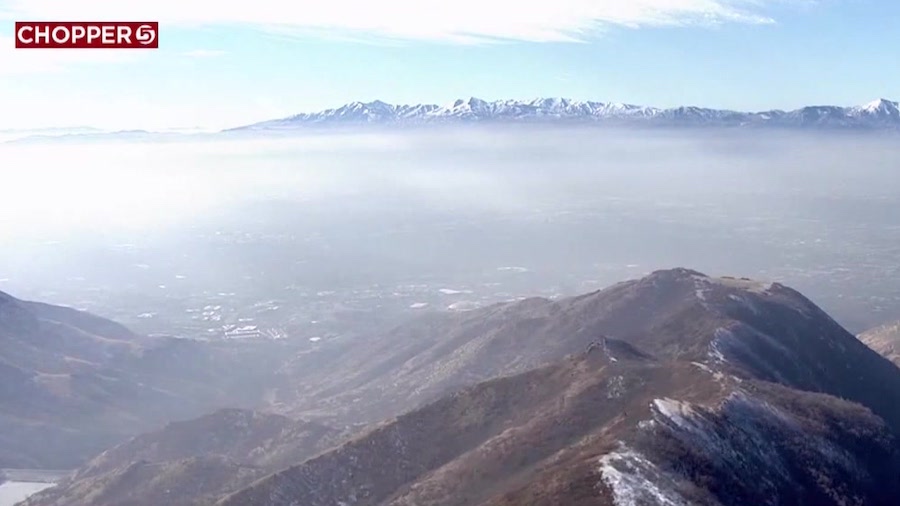
Lauren Steinbrecher
Air pollution could harm child brain development, study shows
Researchers are revealing in a new study that air pollution has negative impacts on children's brains.10 months ago

Katija Stjepovic and Cary Schwanitz, KSL TV
Utah kicks off it’s annual ‘Clear the Air’ challenge
Utah’s 14th annual Clear the Air challenge is just around the corner with the goal of improving our air by traveling smarter, specifically during the month of July.10 months ago
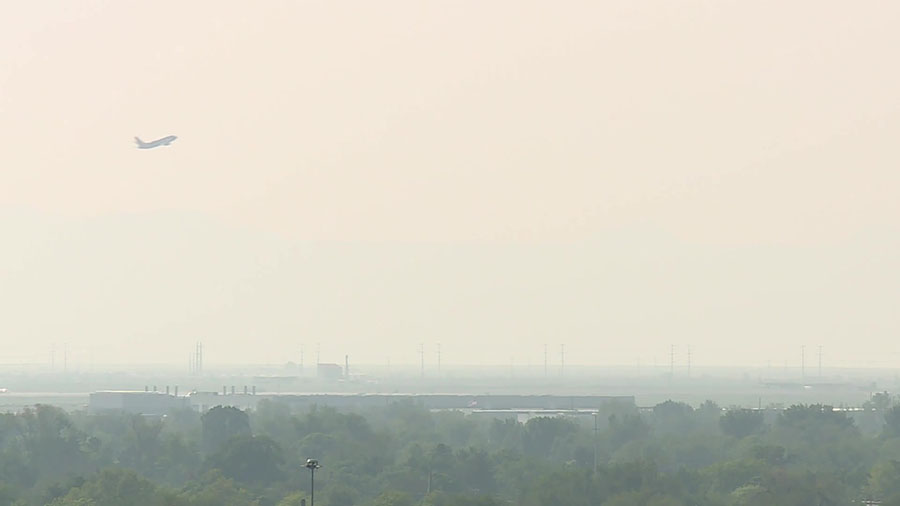
Jed Boal
Smoky air wafts into Utah from Canadian wildfires
Utah got a hefty dose of smoky air in the moderately unhealthy range from wildfires burning in Canada, but luckily it shouldn't be here much longer.11 months ago
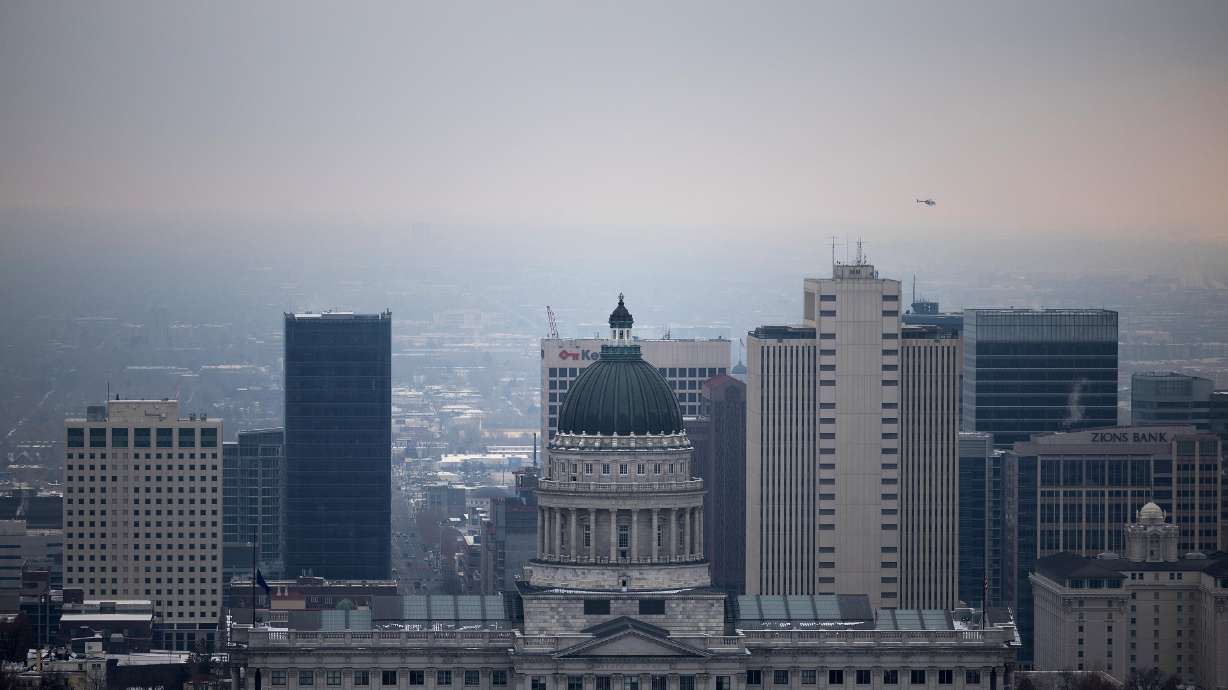
Jen Christensen
‘Equal opportunity to be healthy’: Stricter air pollution standards would benefit some populations more than others, study says
Everyone benefits when there is less air pollution, but it pays off more for older communities with high poverty rates and those where larger populations of Black people live, regardless of income, a new study finds.1 year ago
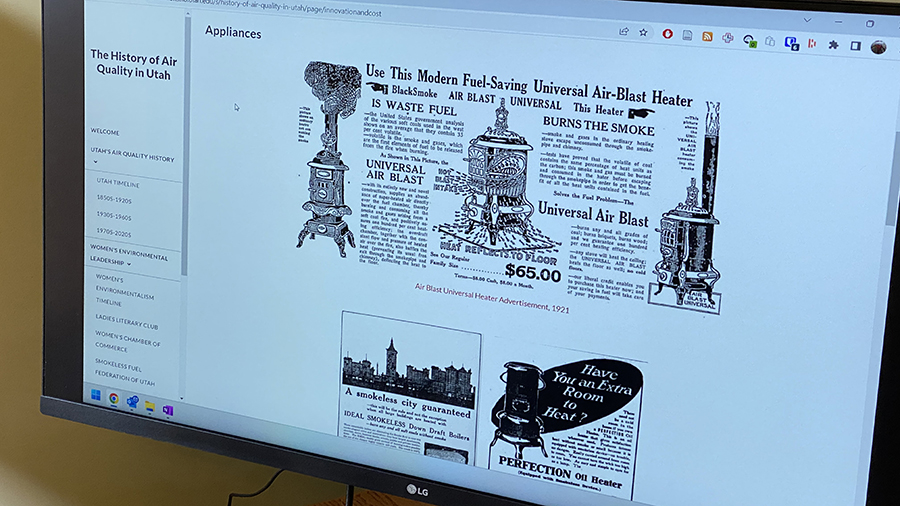
Jed Boal
Exhibit: Concerns about Utah’s air quality go back to Brigham Young
An online exhibit details Utah’s unique air pollution problem going back to the 1880s when Utahns referred to the winter pollution as “smoke evil” or the “smoke nuisance”.1 year ago

Katija Stjepovic
Can air quality impact the decisions a chess player makes?
The game of chess is based on strategic decision-making.1 year ago
